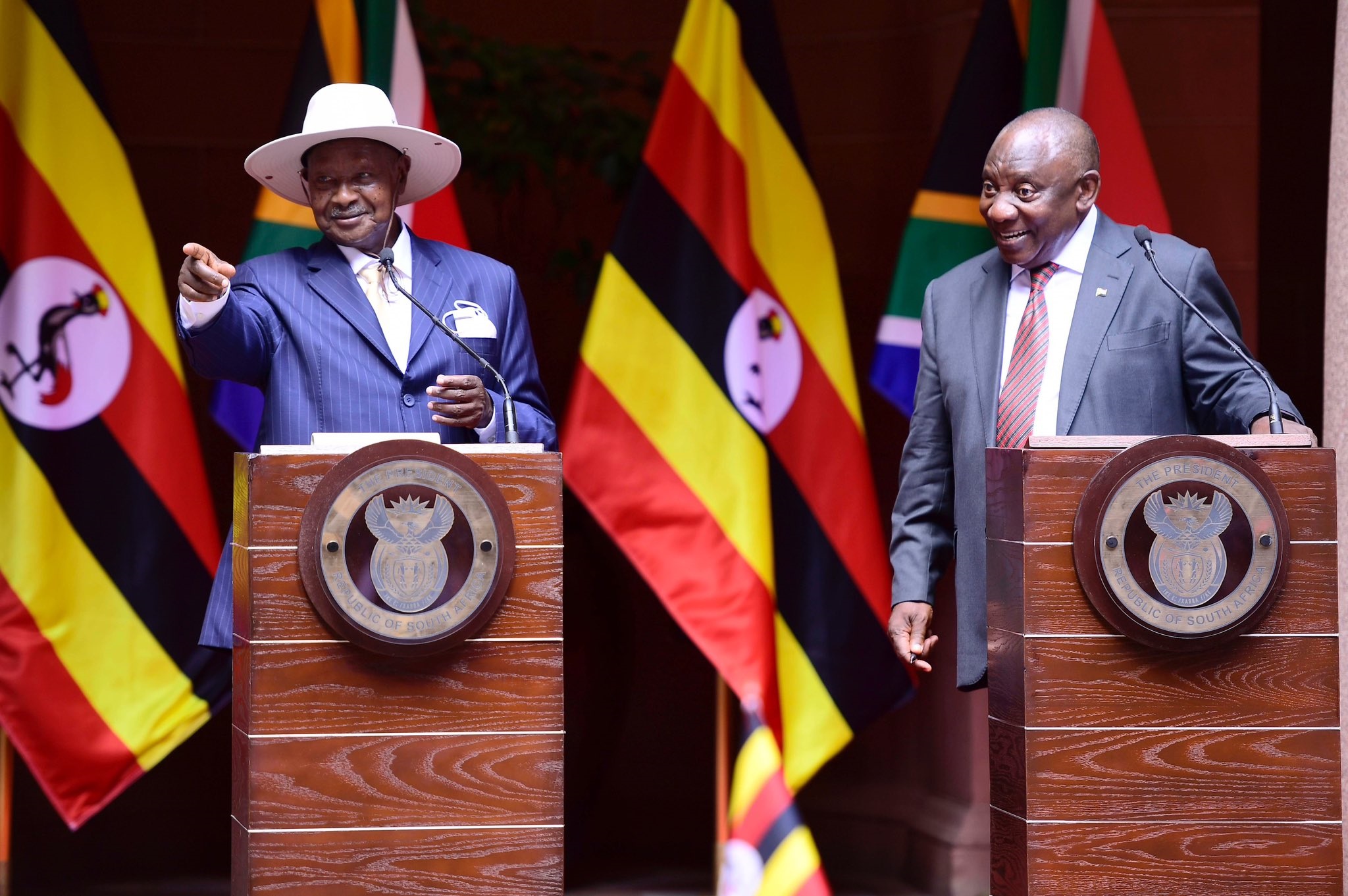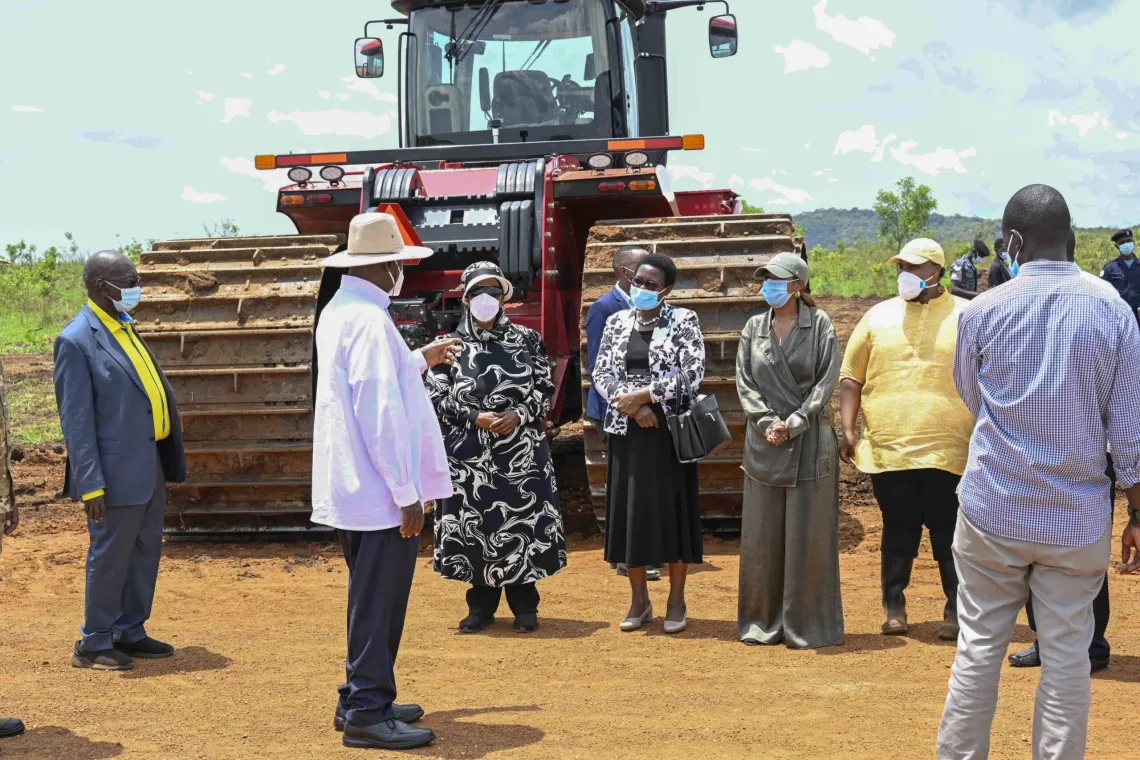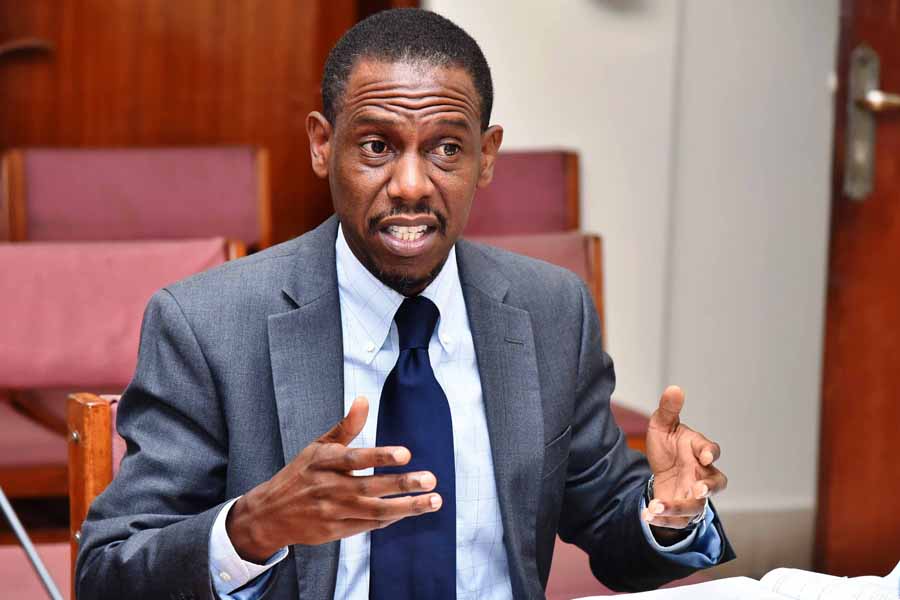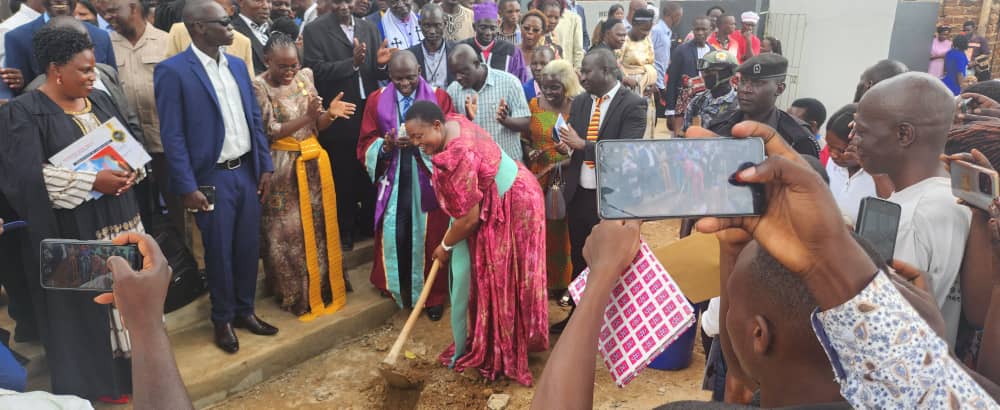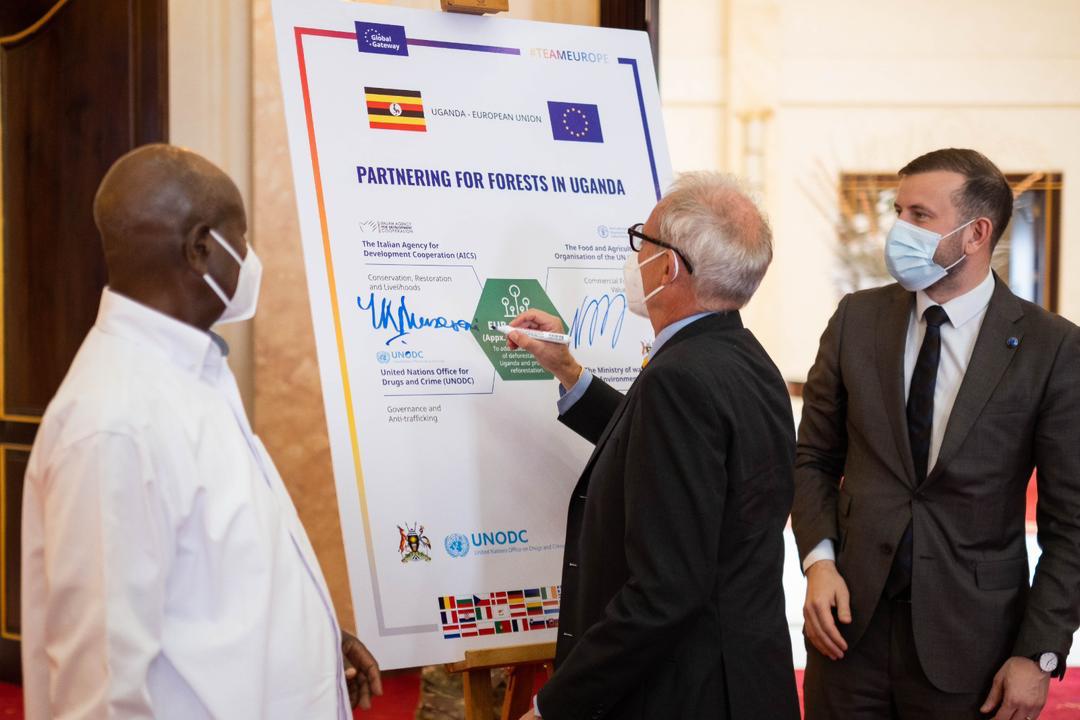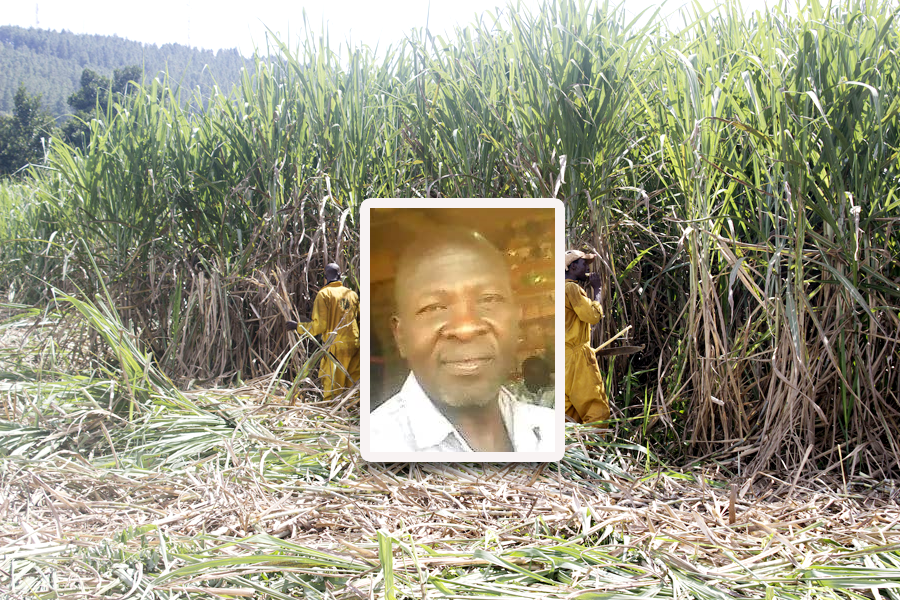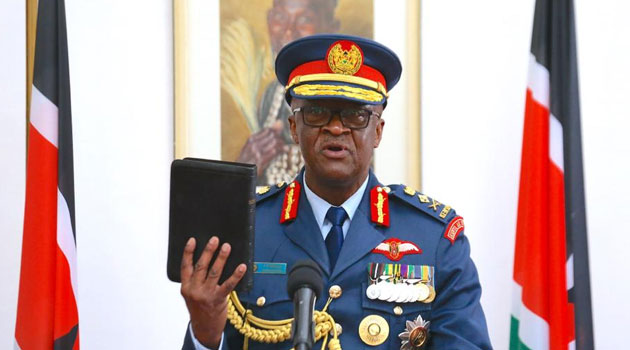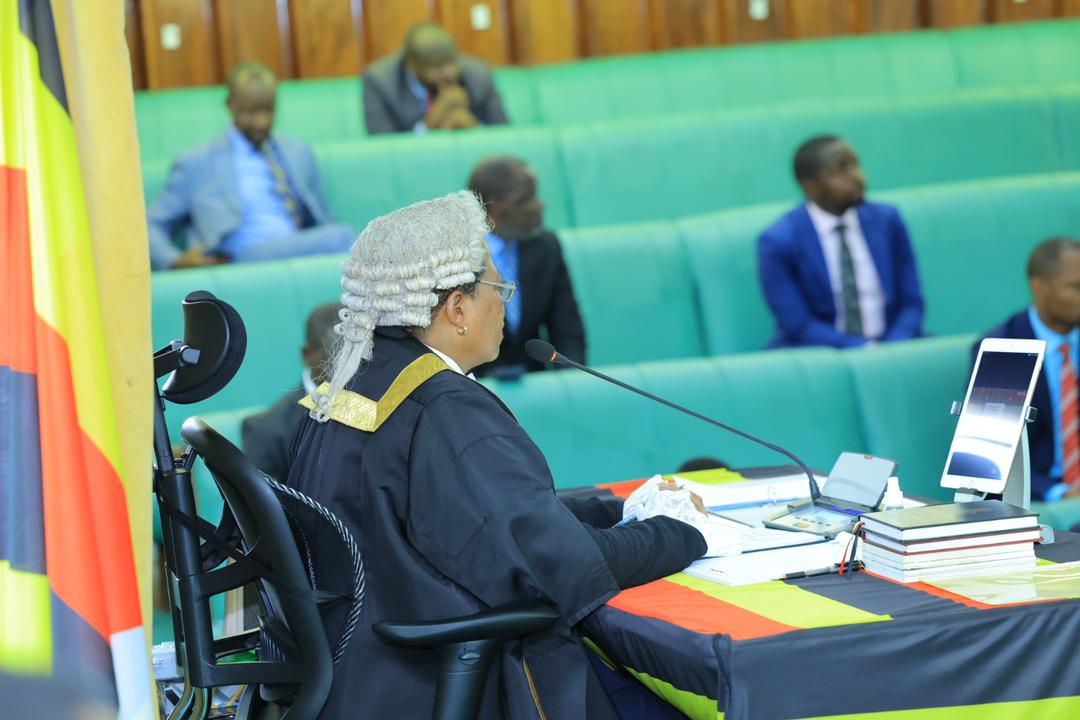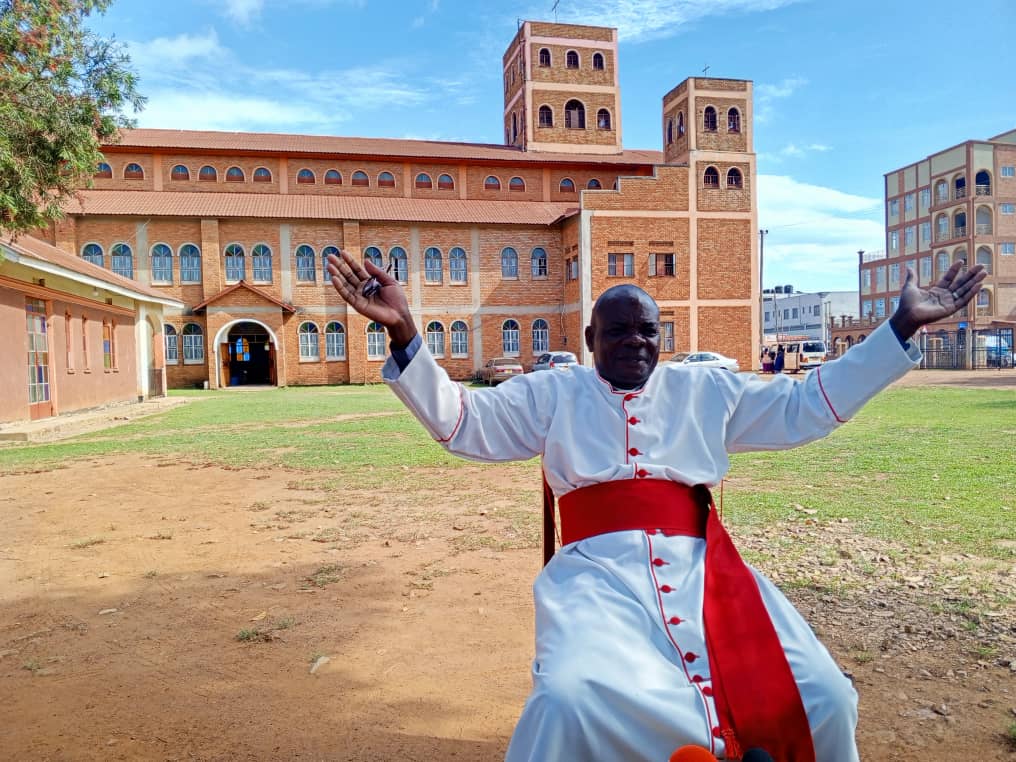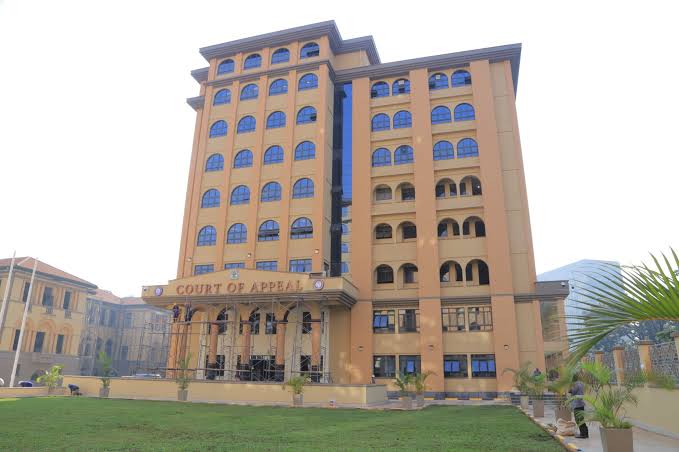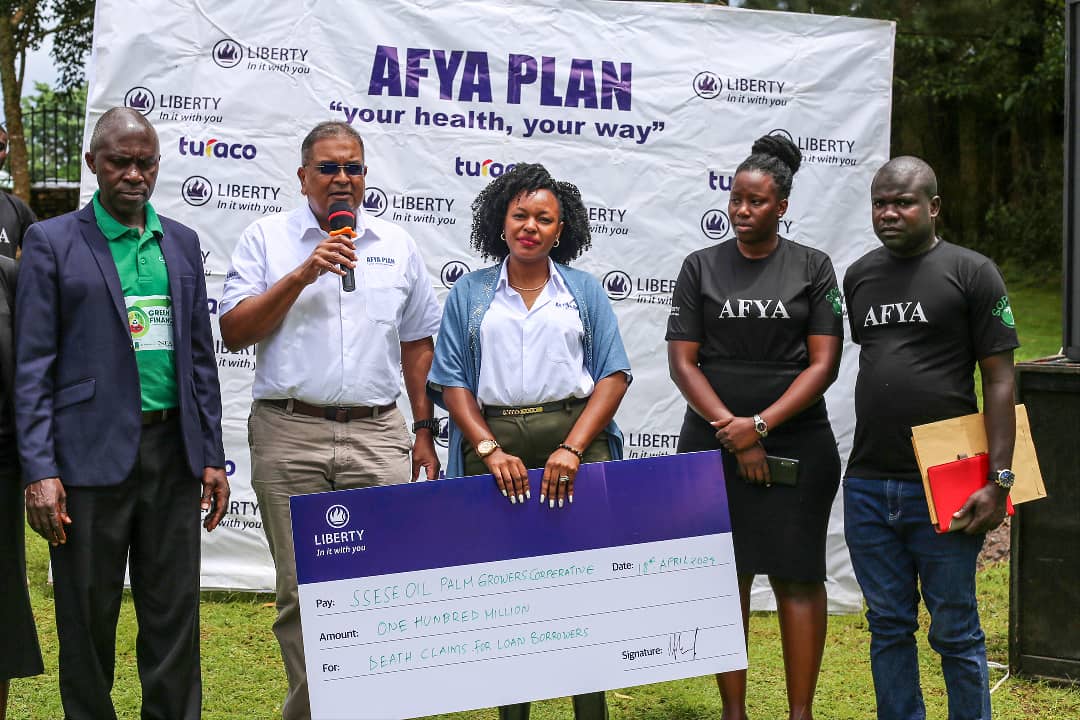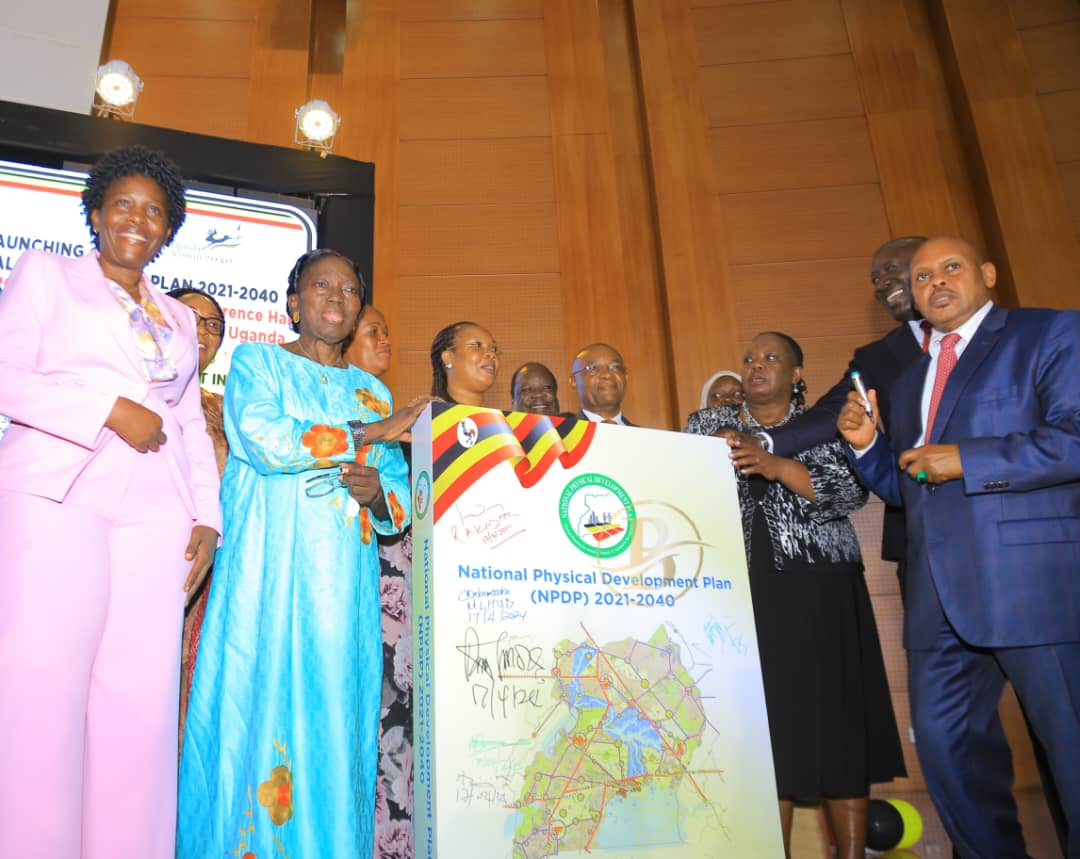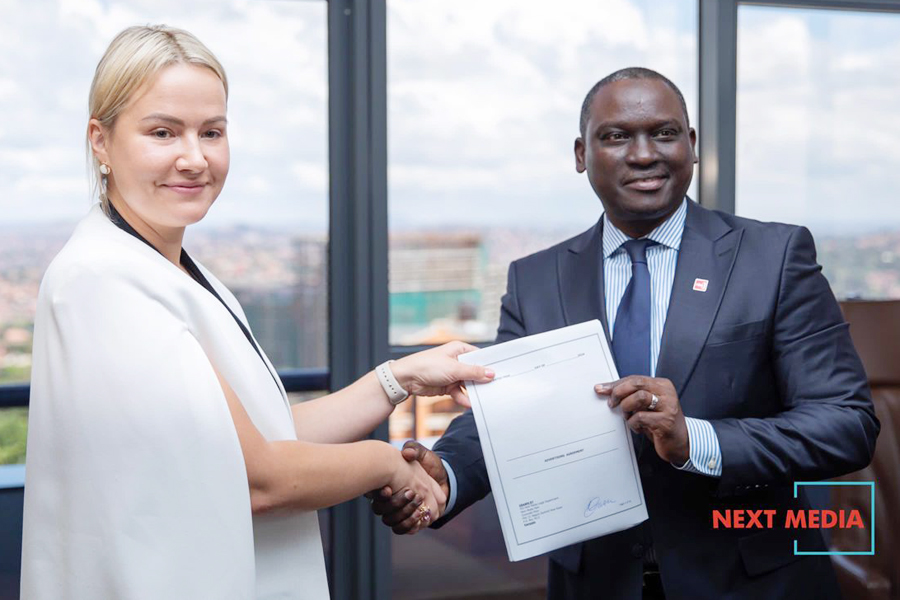Adoko Nekyon: Museveni does not deliver on his promises
Akbar Adoko Nekyon, 87, a cousin to Dr Milton Obote, who served as was the minister of Health and later of Rehabilitation and Social Services between 1988 and 1990 died on Friday, May 4.
Thirteen years ago in an interview with the author, he said he first met Museveni at his Udyam House office in 1969. Ateker Ejalu introduced Museveni to Nekyon.
Keep Reading
- > Museveni, Ramaphosa set to meet for Regional Security talks
- > Museveni warns against hindering Atiak Sugar Factory project
- > Museveni hails Atiak Sugar factory for benefitting Acholi, neighbouring areas
- > Museveni directs the Attorney General to draft legislation prohibiting National ID as loan collateral
"Both were working as intelligence officers under the intelligence office headed by Akena Adoko in the Obote 1 government. I was then engaged in private business after leaving government," he said.
Later he introduced Museveni to Milton Obote, the then president.
During the interview conducted at his residence atop Naguru hill, Nekyon said when he dies, he wants his epitaph to read: "I have played my role and I am satisfied with my performance and legacy in the public service."
Below is the full interview (first published by The Observer in May 2005)
Working with President Museveni between 1986 and 1990
I came back to Uganda in 1986 and shortly after my arrival, he sent Balaki Kirya (RIP) to tell me that he wanted to see me urgently at State House.
I went the following day and he told me he wanted me to take over at Uganda Airlines as general manager. At that time, the airline was experiencing a major decline. I told him that I needed to reorganise myself since I had just been in exile.
But soon after, I took the job offer.
After one year, the airline was back on its feet. In fact in late 1987 it bought treasury bills from Bank of Uganda worth Shs 3bn.
I tried to order a DC-10 plane but there was so much noise from some people.
Problems at Uganda Airlines
Because I was strict, some people were not impressed. They began telling the President that I was mismanaging the airline; individuals like Capt. [Jack] Calnan. But the problem arose mainly because at that time, the Prime Minister then, Dr. [Samson] Kisekka (RIP) and some people in the airlines used to import second-hand items like clothes from Europe under the pretext that they were taking them to Luwero to benefit those affected by war.
I got information that the goods were not reaching Luwero and I intervened. I told them they had to pay taxes but this did not please them. The President, after he had heard of the grumbling, instituted a commission of inquiry whose findings I have never known. Later, in 1987, he called me to Jinja. I do not remember whether we met in the State Lodge or a hotel but I remember putting forward my case. The President just kept quiet.
Museveni appoints me minister
Early in 1988, I called Kirya and told him I wanted to leave the airlines because of the problems. I wanted to go back into my private business. But towards the end of 1988, Museveni sent Kirya to tell me that he wanted to make me a minister of Health. I told Kirya to tell the President that I first had to consult my wife. But that very day in the evening, when I went back home to consult my wife, before I uttered a word, she told me that she had heard over the radio that I had been made minister of Health.
This appointment was done without my consultation but nonetheless I did not turn it down because I thought this would be rude. I took over from [Ruhakana] Rugunda.
Basically we were charged with re-organisation of the health sector, which had been ravaged by war. There were no staff, no equipment. Also, another project I implemented was the setting up of the Mbarara University of Science and Technology in 1989.
In the Ministry of Health, I did not relate well with my deputy, Dr. [Ronald] Bata (RIP). He knew nothing about administration yet he wanted to make every decision.
But because he felt he was more NRM, he did not want any advice. The President did not care about this despite my complaints. Even my replacement Zak Kaheru (RIP) also encountered similar problems with Bata. In fact, I was later told that one time, they drew guns at each other at the ministry over a small dispute.
My fall out with Museveni
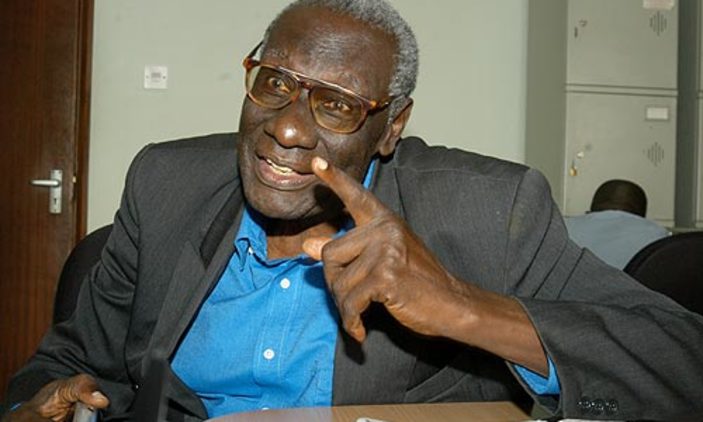 Adoko Nekyon
Adoko Nekyon
In 1990, I was transferred to the Ministry of Rehabilitation and Social Services.
One of the first issues I had to encounter was the starvation of people in camps in Teso region due to famine. The camps had been created as a result of the Alice Lakwena rebellion.
There was a day I was supposed to travel to one of the camps, Nyero, in Kumi district with Amama Mbabazi [who was then Minister of State for Political Affairs]. So I set off in the morning. We were supposed to depart by helicopter from Kololo Airstrip but on reaching there, I was told there was no space for me. I went back very angry.
But after some time, I decided to go there with my staff and assess the situation. When we reached Nyero, the condition was horrible. The number of children dying was high. People told us the army was harassing them. I also toured another camp, Ajiluk in Kumi and there the conditions were also horrible. I organised relief supplies immediately. But because government seemed not to care about the plight of the people in the camps, I lost interest in my job. Nonetheless I held on. One day when Museveni was touring Lira, Teso and Mbale regions towards the end of 1990, I decided to go there to meet him to express my concerns. When Museveni reached Mbale, he called me to go and meet him.
But surprisingly, the issue of the people in the camps was not his interest. He just wanted my view on whether the country should go multiparty or remain in the Movement system. I told him that the multiparty system was better. I drove back to Kampala disappointed. I called Kirya again and told him to go and tell Museveni that I wanted to leave government, this time for good. Kirya delivered my message but the President did not react immediately. At the beginning of 1991, Museveni announced a cabinet reshuffle and luckily for me, I was booted.
I sighed with relief.
I was disappointed with the way he handled the situation of the people in the camps. He seemed not to care and this made me lose confidence in him and his government.
I was convinced to work with Museveni because I wanted to be part of the rebuilding of the nation. Otherwise there is nothing about his personality that persuaded me to work with him. It was a nationalist cause.
Obote Vs Museveni
[Milton] Obote was better at administration. Unlike Museveni who wanted to control you, once Obote gave you a ministry, he would only consult but not direct you.
I served in Obote’s first government as minister of Planning, Minister of Information and Broadcasting and Minister of Agriculture, Forestry and Co-operatives between 1962 and 1967. Under Obote you were in control of the ministry but Museveni would interfere.
Secondly, Obote runs government according to the budget but Museveni spends more money outside the budget.
His qualities
It is difficult to point out his good qualities because I met him on very few occasions. Kisekka chaired most of the cabinet meetings. But one good thing I saw about him is that he loved touring the country very often. At least much more than Obote did. Museveni does not deliver on his promises.
I remember during his tour of Masindi in 1988, he promised to tarmac the road from Masindi through Apac up to Kitgum. In fact he insulted the people when he said: “Let me tarmac this road so that you learn to walk on tarmac with jiggers.” The people nonetheless clapped.
He is not an orator, yet he never sticks to written speeches like Obote did. That is why he resorts to insulting leaders, calling them swine, poisonous mushrooms… because he wants to speak off the cuff.
He also does not accept criticism, otherwise he would have put many things right.
There was a time he called a meeting in 1989. There were ministers and other various leaders. During the meeting, he said that UPC had messed up the country in the past. I stood up and told him that he was an intelligence officer in the first UPC government so he should share part of the blame. He kept quiet.
We are going backwards because there is too much corruption. At the beginning, he was making progress. Look at the expenditure for Defence, State House?
Uganda is more divided than before. We are so polarised now along ethnic and ideological lines.
Look at cabinet; there are over 12 cabinet ministers from Western Uganda while Lango region only has a minister of state.
About army MPs
They have to go, especially that we are moving to partisan politics. Currently the Army Council elects MPs yet they are deemed to represent the entire army. You also have to know that soldiers vote for civilian MPs so there is double representation. If the army speaks with one voice, why not have one army MP?
---------
Adoko Nekyon fact file
Born in 1931, Adoko Nekyon is a cousin of former president Dr. Apollo Milton Obote. His grandfather Ezekiel Akaki was a brother to Obote's grandfather, Ibrahim Akaki.
Home area: Akokoro sub-county, Apac district
Education: Ibuye primary school, Ngora High School, Kings College Budo, University of Kerala (India) BA (Political Science), MA (Economics)
Political career:
Minister of Planning and Community Development (1962-64), Minister of Information and Broadcasting (1964-66), Minister of Agriculture, Forestry and Cooperatives (1966-1967), Minister of Health (1988-90), Minister of Rehabilitation and Social services (1990-91)
Professional career:
General Manager Uganda Airlines, 1986-1988.


